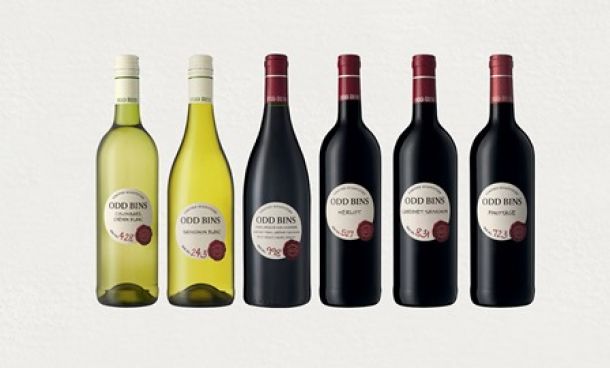The real drivers behind SABMiller takeover
The R20bn in cost savings that Anheuser-Busch (AB) InBev will realise after acquiring SABMiller for over R1.5trn is below expectations, suggesting that pricing and distribution benefits may be the real driver of the deal.
That is according to John Colley, professor of practice at Warwick Business School in the UK and an expert on large-scale mergers.
"For shareholders $106bn (R1.5trn) is a steep price,” said Colley. “Cost savings are estimated at $1.4bn (almost R20bn) or 7% of sales. This is a figure well below expectations suggesting that pricing and distribution benefits may be the real driver of the deal.”
“In view of the size and scale of AB InBev post the SABMiller deal, there is likely to be further consolidation amongst the remaining players,” he said.
"Big brand brewing is highly profitable due to scale and scope economies related to the size of the main players,” he said.
“However, it is their stranglehold on distribution through bars, restaurants, supermarkets and entertainment venues, which prevents effective competition.”
AB InBev's results show that big brands are continuing to make ground, further limiting competition, he said. “Beer markets are declining in many countries,” said Colley. “This is partly through the move to craft beers, together with increasing popularity of wines and spirits.”
"It is rare that the number one player in an industry buys the number two player, creating a worldwide market share of almost 30% in a consumer market,” he said. “The global brewing industry is already concentrated, with the top five (soon to be four) sharing almost 50% of the market.
"Research shows that less competitors in an industry, and specifically the brewing industry, results in higher profits and consequently less consumer choice.”
Merger will restrict consumer choice
AB InBev said on Wednesday that it had agreed to sell SABMiller's 58% stake in MillerCoors to the venture's other major shareholder, Molson Coors, for $12bn (R170bn). However, Colley said Molson Coors may not be independent for long.
“Size is necessary to compete on cost grounds and distribution grounds,” he said. “Maintaining product availability through distribution requires sizeable advertising budgets in order to compete with the big brands.”
The merger is likely to further restrict consumer choice, explained Colley. “It will also limit price competition in an industry which already demonstrates stratospheric levels of profitability,” he said.
Sales such as the shareholding in MillerCoors through competition authority pressures with others to follow, possibly in China, Latin America and Europe, which means lost value to shareholders, Colley said.
“Further concessions may also be required in the US,” he said. “At what point does this become value destroying? Research shows most acquisitions result in destroying value rather than creating it. Will this deal buck the trend?”
News Category
- International retailers
- On the move
- Awards and achievements
- Legislation
- Wine and liquor
- Africa
- Going green
- Supplier news
- Research tools
- Retailer trading results
- Supply chain
- Innovation and technology
- Economic factors
- Crime and security
- Store Openings
- Marketing and Promotions
- Social Responsibility
- Brand Press Office
Related Articles

Makro secures exclusive rights to SA’s most sou...

Checkers adds 41 new wines to Odd Bins range

With petrol at almost R20 a litre, food prices ...

Petrol price shocker for South Africa


